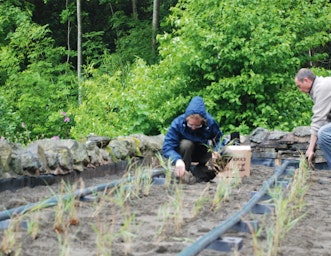
Compost toilets come in all shapes and sizes, from hand built cabins on the mountainside, to off the shelf systems. You may have used one at a festival, nature reserve, or here at CAT, but why do we have them? We spoke to Fin, water resources and ecosystems expert and CAT course tutor, about why we use them here at CAT, and the benefits of composting toilets in general.
Why have a compost toilet?
They produce great compost
The soil structure of ‘humanure’ is rich in the basic nutrients that fertilise soil for plant growth, retains water and hosts a diverse microbial and invertebrate life. Here at CAT we are using 2015s compost on our non-edible plants and flowers with great results.
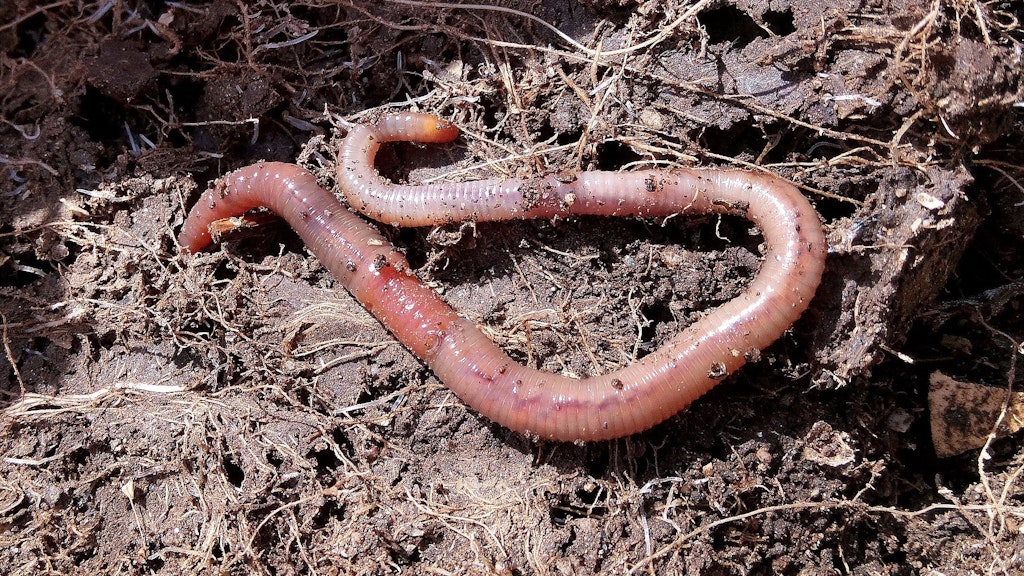
Compost toilets use less water than conventional toilets
Flushing the toilet accounts for about 30% of the average persons water use. Using a compost toilet instead of a flush toilet is one of the easiest ways to substantially reduce your water use.
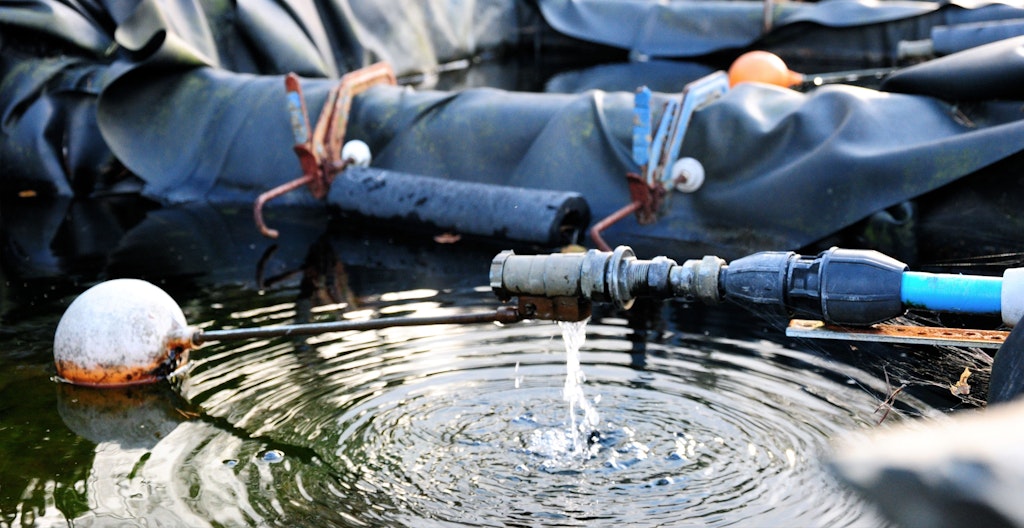
Uses less energy
As most compost toilets have little need for plumbing equipment, moving parts and pipes they have less embodied energy than most flush systems. Energy savings are also made as the 40 litres per day that on average is used by flush toilets doesn’t need to be cleaned at the sewage works before returning to nature.
They are great for living or working in remote locations
The low water requirements means there is more flexibility in position than conventional toilets. This particularly useful for temporary installations (i.e. festivals and other gatherings, nature reserves, off grid locations) as toilets can be made without needing a water supply.
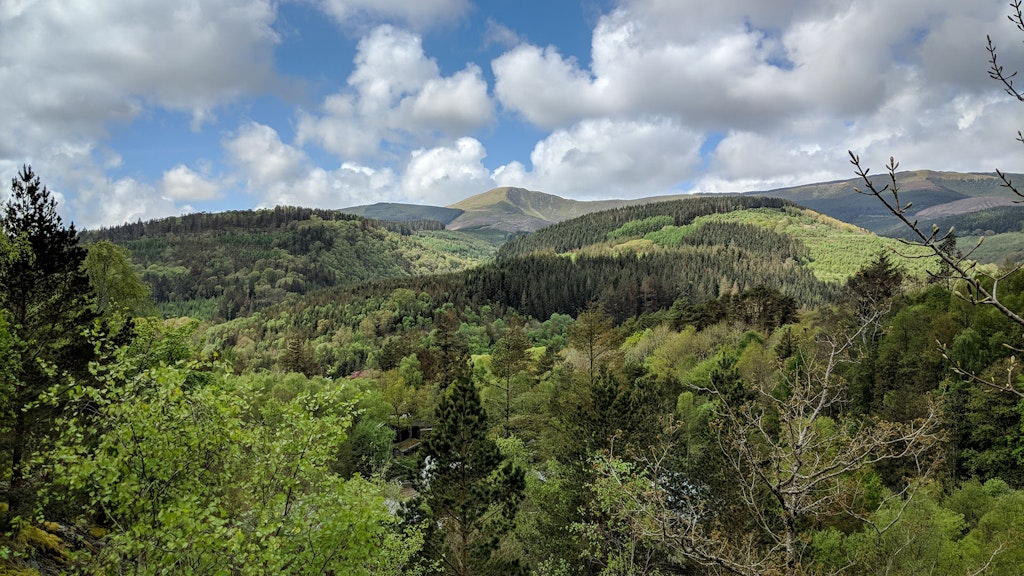
Other ways they can help
Compost toilets achieve nitrogen cycling in situ with no additives or energy inputs. An aim of composting is to preserve nitrogen, which can be used for plant growth rather than it being lost as gases (including the greenhouse gas nitrous oxide) or leached as nitrate. Production of fertiliser from atmospheric nitrogen uses the Haber-Bosch process, which converts nitrogen to ammonia (usually using fossil fuels as an energy source, and therefore with a carbon cost). The ammonia is used to produce fertiliser – a soluble chemical, for example ammonium nitrate, which is available for plant uptake. Soluble fertilisers, however, do not supply any organic matter, so do not benefit soil health as supplying nitrogen in the form of bulky composts or green manures do.
Compost toilets can provide a talking and teaching place. They are both a very old way of fixing a very human problem and a future proof technology. Once the right conditions are created, naturally occurring microbes and critters will turn waste into soil.
Some outdoor compost toilets are veritable thrones to natural building! They can help to release our bodies from the grip of the Victorian water closet porcelain standard, and help us connect with nature.
About the author
Fin has a BSc in Marine Biology and an MSc in Human Ecology. They have worked at CAT since 2011 on water resources and ecosystem services, and developed short courses, tours and workshops at CAT on human waste.
Beyond CAT, Fin facilitates the co-design and installation of low impact sanitation solutions for off grid homes, allotments, festivals and campsites in Wales, Scotland and Europe.
Recent projects include: an accessible composting toilet at Phytology; a UCL Bartlett School research project on Pee and Poo for Food; Global Gardens Cardiff on a composting toilet for their allotment plot; and an art project at The Clearing.
CAT course
You can learn more about composting toilets and off-grid sewage and water treatment systems by coming on one of our short courses taught by Fin here at CAT.
The next Compost Toilets course takes place on Saturday 23 November 2019. During the day you’ll get an overview of the components required to make a compost toilet system work, the biology of composting to maximise performance, and the cultural trends governing our attitudes towards toilets.
The next Reedbeds and Waste Water Management course is on Sunday 24 November 2019. This course explores the technicalities, design and implementation of reedbeds and alternative waste water treatment systems at a domestic level.
Click here for upcoming courses or call us on 01654 704966 if you have any questions or queries.
- Water and Waste
Related Topics
Related events


Basic Tool Skills
15th August 2024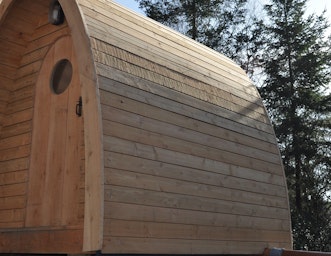
Compost Toilets (Only two places left)
17th August 2024